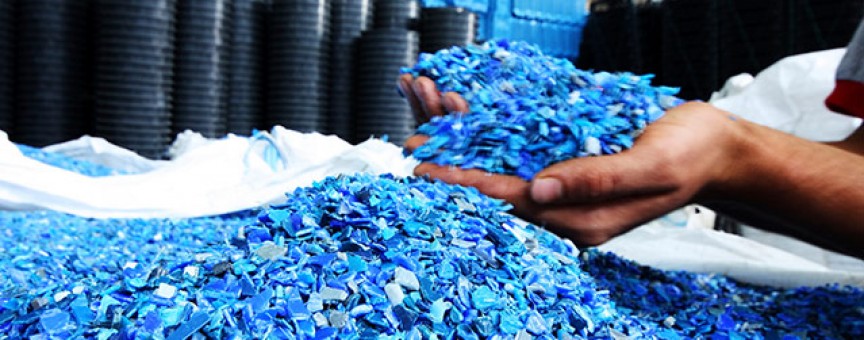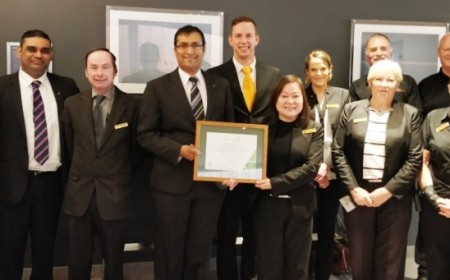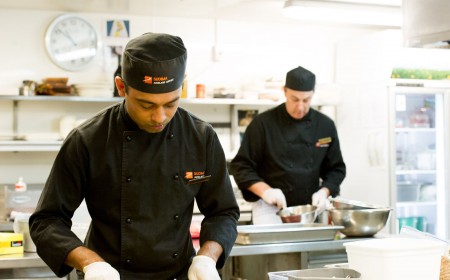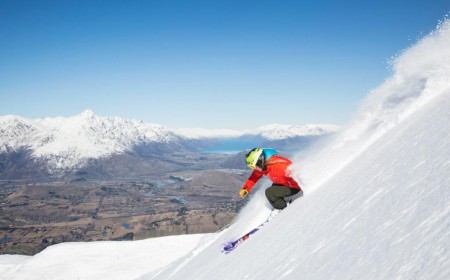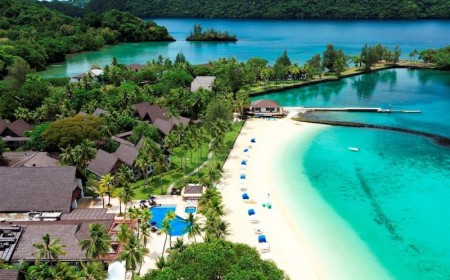Recycling plastic a game-changer for NZ environment
Around 20,000 tonnes of PET, or polyester plastic, is imported into New Zealand every year for plastic packaging. It’s the most used packaging material in the world, and innovative plastics company Flight Plastics in Lower Hutt have just recycled their first 1000 tonnes of it.
It’s a first for New Zealand, and means a huge reduction in the amount of plastic that is imported into the country and then sent to landfill.
The plastics company opened its recycling plant in August this year and have already saved 1000 tonnes of new plastics from being imported into New Zealand, as well as also saving 1000 tonnes of waste PET from the traditional waste stream.
“Before Flight Plastics opened its wash plant, if people put their PET plastic containers in the recycling bin it would all be shipped overseas for recycling. Any plastics not put in the recycling bin goes into our environment or landfill,” Flight Plastics Director Derek Lander explains.
Now when you put your PET plastics in your recycling bin, Flight Plastics can re-make them into food grade PET packaging, which other consumers can buy again, and can recycle again.
“Time after time this cycle can repeat, and from this simple change we immediately reduce the amount of PET resin, trays, and containers we import and reduce the equivalent amount of waste to export or landfill.”
The PET plastic recycled by Flight Plastics is mostly collected kerbside from homes across New Zealand and converted back into recycled PET (RPET) containers, punnets and trays to be used by some of New Zealand’s leading food brands and retailers.
The Flight Plastics recycling plant has the capacity to process 6000 to 8000 tonnes of recycled PET per annum. The Flight Plastics investment benefited from a $4 million grant from the government’s Waste Minimisation Fund which provides financial support to projects that reduce environmental harm and provide social, economic and cultural benefits.
Mr Lander explains that the business runs using the Circular Economy model of creating a cycle of plastics use that is sustainable. The traditional Linear Economy model sees thousands of tonnes of PET plastics imported every year to package products sold by New Zealand brands and supermarkets, which is then sent to landfill.
“Flight Plastic’s recycling milestone is a great opportunity for all of us in New Zealand to significantly reduce the amount of plastic we are bringing into our country,” says Mr Lander.
“But this can only happen if all steps of the Circular Economy are involved, meaning manufacturers and supermarkets use trays and containers made from New Zealand Recycled Plastic, consumers buy and recycle those trays and containers, and then Flight buys and reuses that plastic for new trays and containers. The cycle can repeat, again and again.”
How to do your part:
The New Zealand public and businesses can support recycled PET plastic by:
- buying products in recycled plastic by looking for the Flight logo and words “New Zealand Recycled Plastic”
- Ask your supermarkets and food suppliers if their food containers and meat trays etc are made from New Zealand Recycled Plastic, and consider only partnering with suppliers who do
- Put all PET drink bottles, containers and trays in your recycling bins (PET plastic is marked with a number 1)
Making these moves toward supporting Flight’s recycled plastic is a great way to show your dedication towards the Tourism Sustainability Commitment.
The TSC’s Environmental Business goal comprises of a commitment towards contributing to ecological restoration initiatives, having carbon reduction programmes towards carbon neutrality, having a waste reduction and management programme, and taking an active role in engaging with the community on restoring and protecting New Zealand’s natural environment.

